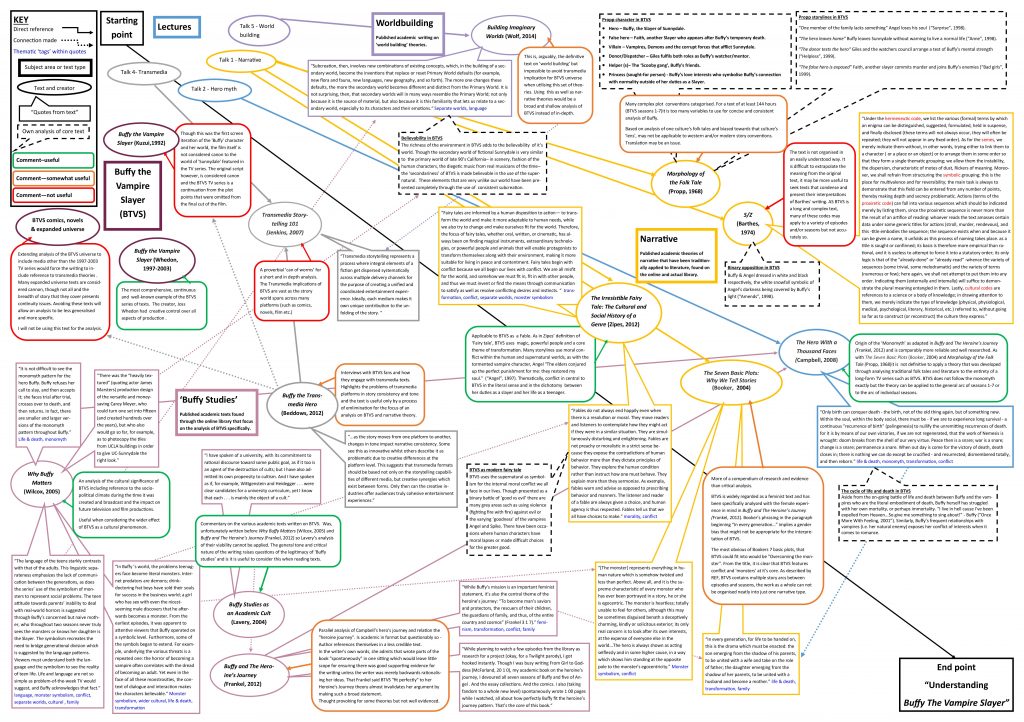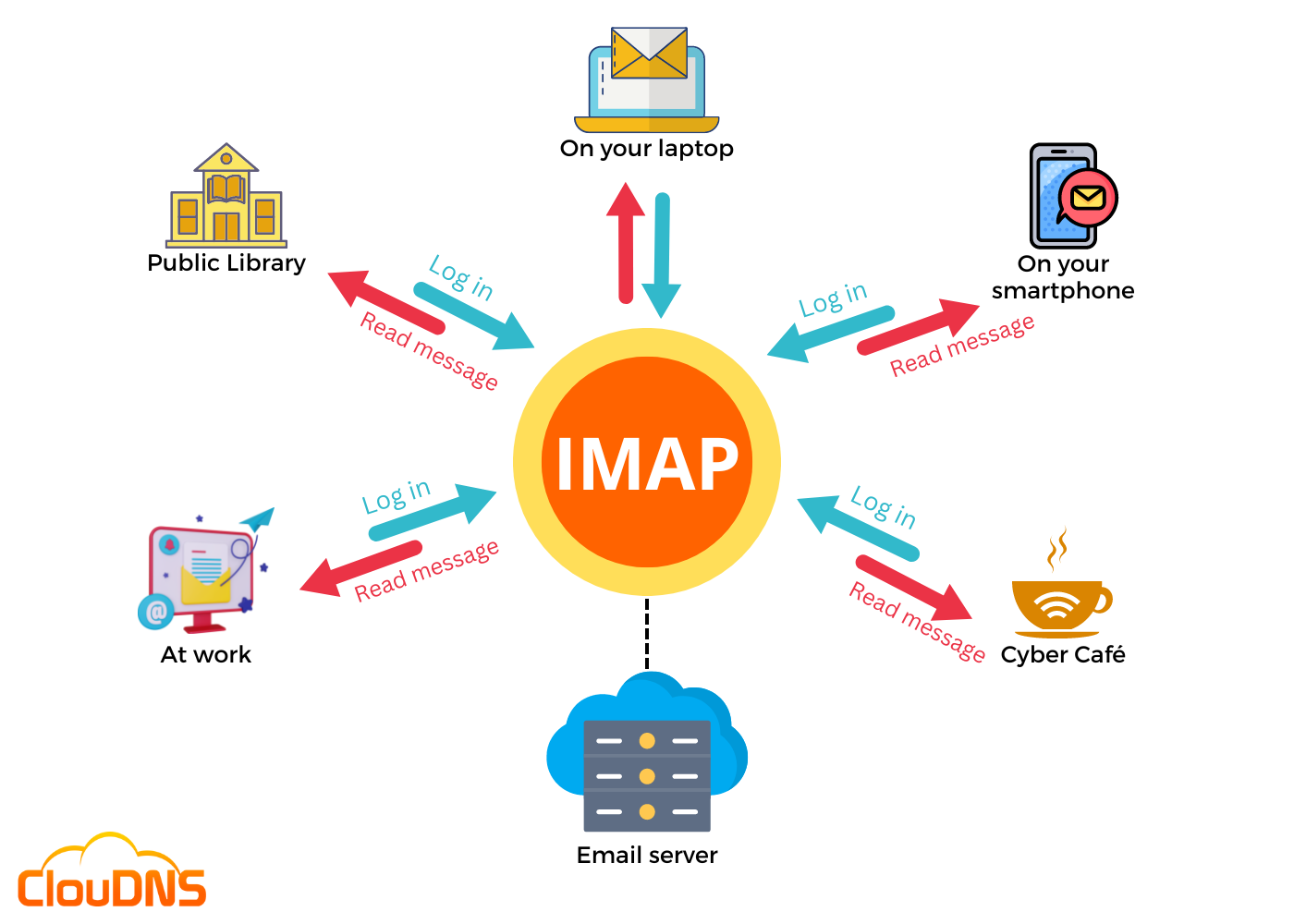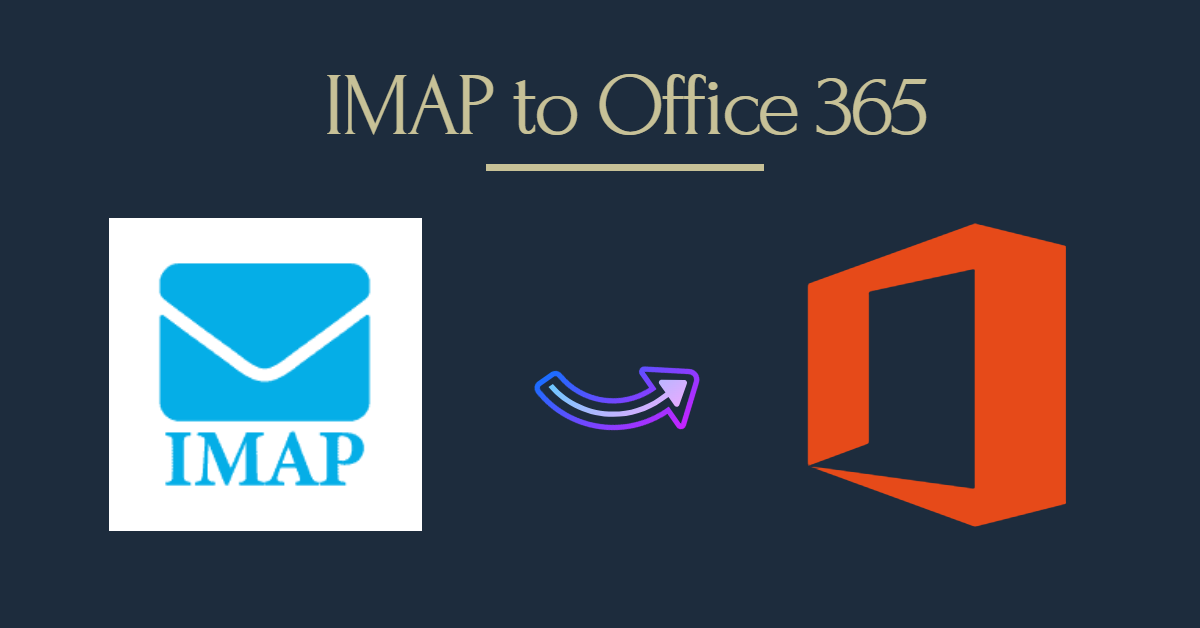Navigating the World of IMAP Careers: A Comprehensive Guide
Related Articles: Navigating the World of IMAP Careers: A Comprehensive Guide
Introduction
In this auspicious occasion, we are delighted to delve into the intriguing topic related to Navigating the World of IMAP Careers: A Comprehensive Guide. Let’s weave interesting information and offer fresh perspectives to the readers.
Table of Content
Navigating the World of IMAP Careers: A Comprehensive Guide

In today’s dynamic and interconnected world, the realm of information management and analysis (IMAP) has emerged as a critical driver of success for individuals and organizations alike. This field encompasses a diverse range of roles and responsibilities, all geared towards harnessing the power of data to inform strategic decision-making, optimize processes, and drive innovation. This article delves into the intricacies of IMAP careers, exploring their significance, benefits, and the diverse pathways available to aspiring professionals.
Understanding the Core of IMAP Careers:
IMAP careers encompass a spectrum of disciplines, including data analysis, business intelligence, information governance, and knowledge management. Professionals in these roles leverage their expertise to gather, cleanse, analyze, and interpret data from various sources, transforming raw information into actionable insights. This process involves:
- Data Acquisition and Management: Identifying relevant data sources, implementing data extraction techniques, and establishing robust data management systems.
- Data Analysis and Interpretation: Employing statistical methods, data visualization tools, and advanced analytical techniques to uncover patterns, trends, and anomalies within data sets.
- Information Dissemination and Communication: Presenting findings in a clear and concise manner, using dashboards, reports, and presentations to communicate insights effectively to stakeholders.
- Strategic Decision Support: Providing data-driven recommendations to inform strategic decision-making across various business functions, including marketing, finance, operations, and human resources.
The Importance of IMAP Careers in the 21st Century:
The rise of big data, coupled with the increasing reliance on data-driven decision-making, has propelled IMAP careers to the forefront of organizational success. These roles are vital for:
- Enhanced Decision-Making: IMAP professionals empower organizations to make informed decisions based on objective data, reducing reliance on intuition and speculation.
- Improved Operational Efficiency: By identifying inefficiencies and bottlenecks within processes, IMAP professionals contribute to streamlining operations, maximizing resource utilization, and minimizing waste.
- Competitive Advantage: Understanding market trends, customer behavior, and competitor strategies through data analysis provides a significant competitive advantage, enabling organizations to anticipate market shifts and adapt proactively.
- Innovation and Growth: IMAP professionals play a crucial role in fostering innovation by identifying opportunities for product development, service optimization, and market expansion based on data-driven insights.
Benefits of Pursuing an IMAP Career:
Choosing an IMAP career path offers numerous advantages, including:
- High Demand and Job Security: The demand for skilled IMAP professionals continues to grow rapidly across industries, ensuring job security and career stability.
- Lucrative Compensation: IMAP roles often command competitive salaries, reflecting the high value placed on data expertise and analytical skills.
- Intellectual Stimulation: IMAP careers are intellectually stimulating, offering opportunities to work with complex data sets, solve intricate problems, and contribute to organizational growth.
- Varied Career Paths: The IMAP field offers a wide range of career paths, allowing professionals to specialize in areas that align with their interests and strengths.
Exploring Diverse IMAP Career Paths:
The IMAP landscape encompasses a diverse array of career paths, catering to different skill sets and interests. Some prominent roles include:
- Data Analyst: Responsible for collecting, cleaning, and analyzing data to identify trends and patterns, providing insights for decision-making.
- Business Intelligence Analyst: Focuses on developing and maintaining business intelligence systems, analyzing data to improve business performance and drive strategic initiatives.
- Data Scientist: Applies advanced statistical techniques and machine learning algorithms to extract insights from large datasets, driving innovation and predictive modeling.
- Information Governance Specialist: Ensures the integrity, security, and compliance of organizational data, developing policies and procedures to manage data effectively.
- Knowledge Manager: Responsible for organizing, managing, and disseminating knowledge within an organization, fostering collaboration and knowledge sharing.
Essential Skills for Success in IMAP Careers:
To thrive in the dynamic world of IMAP, professionals need to develop a robust skillset encompassing:
- Analytical Skills: The ability to critically evaluate data, identify patterns, and draw meaningful conclusions from complex information.
- Technical Skills: Proficiency in data analysis software, programming languages (e.g., Python, R), and database management systems.
- Communication Skills: The ability to present complex data findings clearly and concisely to stakeholders, using effective visualizations and storytelling techniques.
- Problem-Solving Skills: The capacity to identify and analyze problems, develop innovative solutions, and implement them effectively.
- Business Acumen: Understanding business processes, industry trends, and the strategic implications of data analysis for organizational success.
Educational Pathways to IMAP Careers:
Pursuing a career in IMAP typically requires a strong educational foundation. Relevant degrees include:
- Bachelor’s Degree: A bachelor’s degree in computer science, statistics, mathematics, economics, or a related field provides a solid foundation in analytical skills and data management.
- Master’s Degree: A master’s degree in data science, business analytics, or information management can enhance specialized knowledge and prepare individuals for advanced roles.
- Certifications: Industry-recognized certifications, such as Certified Data Analyst (CDA) or Certified Information Systems Security Professional (CISSP), demonstrate expertise and enhance career prospects.
FAQs about IMAP Careers:
1. What are the key challenges faced by IMAP professionals?
IMAP professionals often face challenges related to data quality, ethical considerations, data privacy, and the ever-evolving nature of technology.
2. What are the career progression opportunities within IMAP?
With experience and continued professional development, IMAP professionals can advance to leadership roles, such as data science manager, director of business intelligence, or chief data officer.
3. How can I stay relevant in the ever-changing world of IMAP?
Continuous learning is crucial for IMAP professionals. Attending workshops, pursuing certifications, and staying updated on emerging technologies are essential for maintaining relevance in this rapidly evolving field.
4. What are the ethical considerations in IMAP careers?
IMAP professionals must adhere to ethical guidelines related to data privacy, security, and responsible use of data. Ensuring data integrity and protecting sensitive information is paramount.
5. How can I prepare for a career in IMAP?
Developing a solid foundation in data analysis, programming, and communication skills, coupled with relevant education and certifications, can prepare aspiring professionals for successful IMAP careers.
Tips for Success in IMAP Careers:
- Develop a strong analytical foundation: Invest in developing your analytical skills, including statistical analysis, data visualization, and critical thinking.
- Embrace continuous learning: Stay abreast of emerging technologies, industry trends, and new analytical techniques to remain competitive.
- Build a strong network: Connect with other professionals in the field, attend industry events, and engage in online communities to expand your knowledge and opportunities.
- Develop strong communication skills: Learn to effectively communicate complex data insights to diverse audiences, using clear language, compelling visuals, and persuasive storytelling.
- Focus on problem-solving: Develop your problem-solving skills by tackling real-world data challenges and applying your analytical expertise to find solutions.
Conclusion:
IMAP careers offer a rewarding and impactful path for individuals who are passionate about data, analytical thinking, and driving organizational success. By embracing continuous learning, cultivating a strong skillset, and navigating the diverse career paths available, professionals can contribute significantly to the ever-evolving world of information management and analysis. The importance of IMAP professionals will only continue to grow as organizations increasingly rely on data-driven decision-making to achieve their strategic goals and navigate the complexities of the digital age.








Closure
Thus, we hope this article has provided valuable insights into Navigating the World of IMAP Careers: A Comprehensive Guide. We appreciate your attention to our article. See you in our next article!